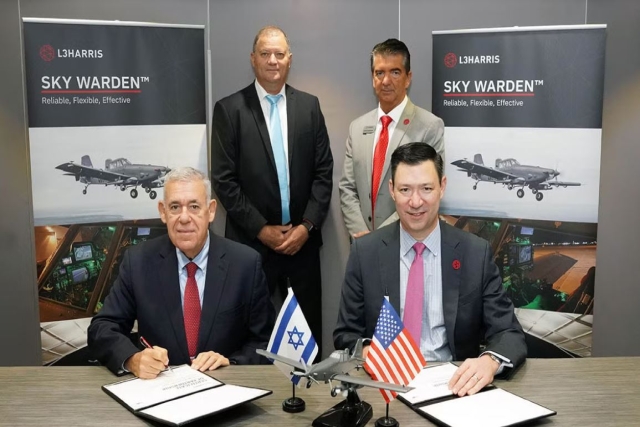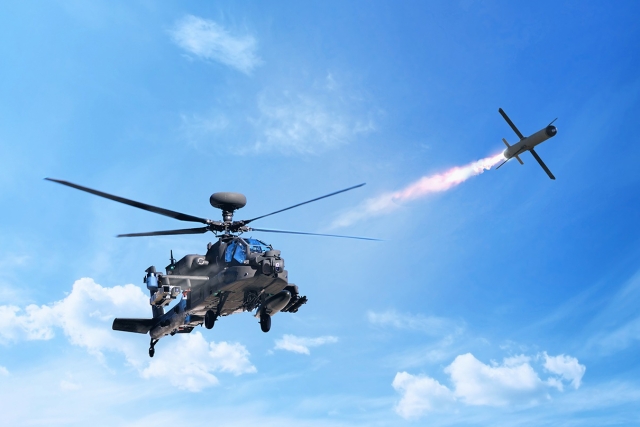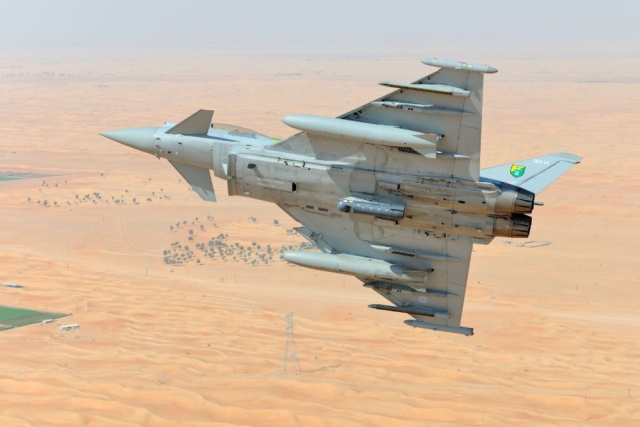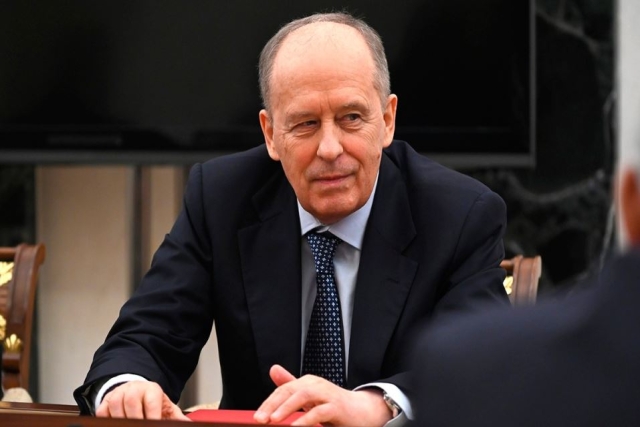Gulf States Eye THAAD Buy Fearing Iranian Missiles

Members of the Gulf Cooperation Council, Saudi Arabia, UAE, Bahrain, Kuwait, Qatar and Oman may create a collective regional missile defense system to counter Iran’s missile activities, National Defense Magazine reported Tuesday.
“Heightened threat perceptions of Iran’s missile activities are spurring the move toward integrating the different systems to improve collective defense. The GCC countries are within range of Tehran’s advanced ballistic missiles and might carry nuclear warheads. Such weapons, even if equipped with conventional explosives could help level the playing field in any conflict between Iran and neighboring nations,” Abdullah Toukan, CEO of Strategic and International Risk Assessment, an advisory group based in Dubai was quoted as saying by the magazine.
“Although Iran’s ballistic missiles are of questionable accuracy, they can still be employed with against soft targets and cities to inflict maximum human casualties and create terror,” Toukan said at the Center for Strategic and International Studies.
“Because of the missiles’ high speed, countries on the receiving end of those weapons have a very short amount of time, sometimes just minutes, to take effective action,” Toukan noted.
“You’re talking about missiles coming in about 3 kilometers a second. So imagine that window of opportunity to detect, assess, engage and destroy,” he said. “The rules of engagement have to be worked out and decided beforehand, which means an immense amount of coordination, simulation, training between the Gulf States to use these particular systems. So it’s not easy… It’s not one of those plug and plays.”
The challenge of missile defense is made more difficult if multiple volleys of missiles have to be intercepted.
“Technologically speaking, I think the THAAD and the PAC and the advanced features can sort of withstand that, but you will have to have more of an overlay overlapping systems along the Gulf coast. It’s not just one country,” Toukan said.
He said having a regional system would make the systems more effective by eliminating redundancy, reducing costs, and enabling countries to tap into the capabilities of their neighbors if they’re under attack.
“First and foremost all of them are talking about… upgrading PAC and introducing THAAD” and more long-range, ground-based early warning radars, he said during the presentation.
It could take several years to design and develop an integrated system, but he is confident that the effort will move forward, despite differences among the GCC countries, he said.
“It will be done, it can be done. And that’s exactly what this partnership is working towards,” he said. “I think that their operational requirements and their ideas are really becoming solid and quite pin pointed.”
But Anthony Cordesman, a defense expert at CSIS, said it could be difficult to get GCC members to agree to rely on others for their national defense.
“It is a key political problem, it isn’t a new one,” he said. “It requires a decision that basically military effectiveness is more important than past feuds and sovereignty.”










